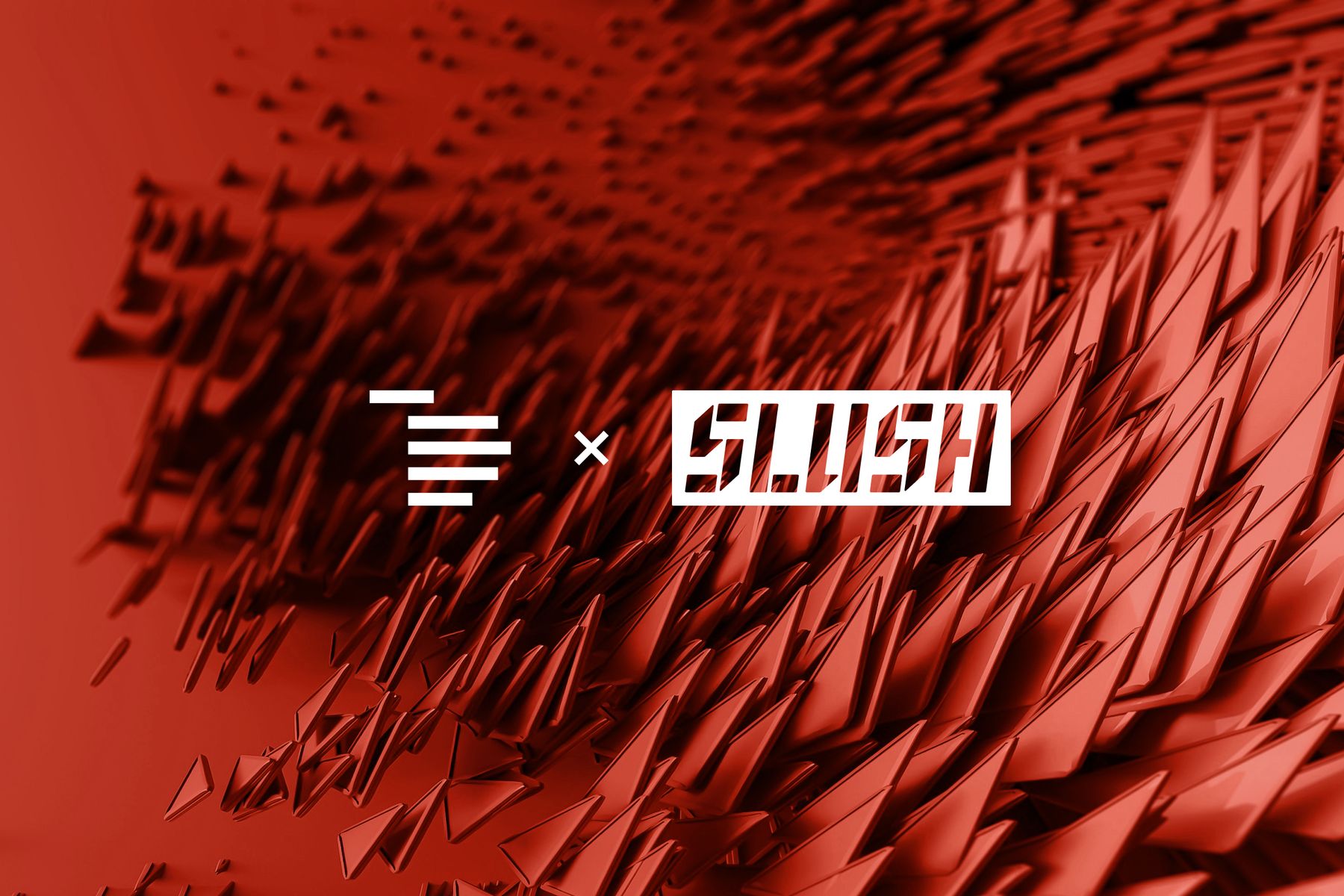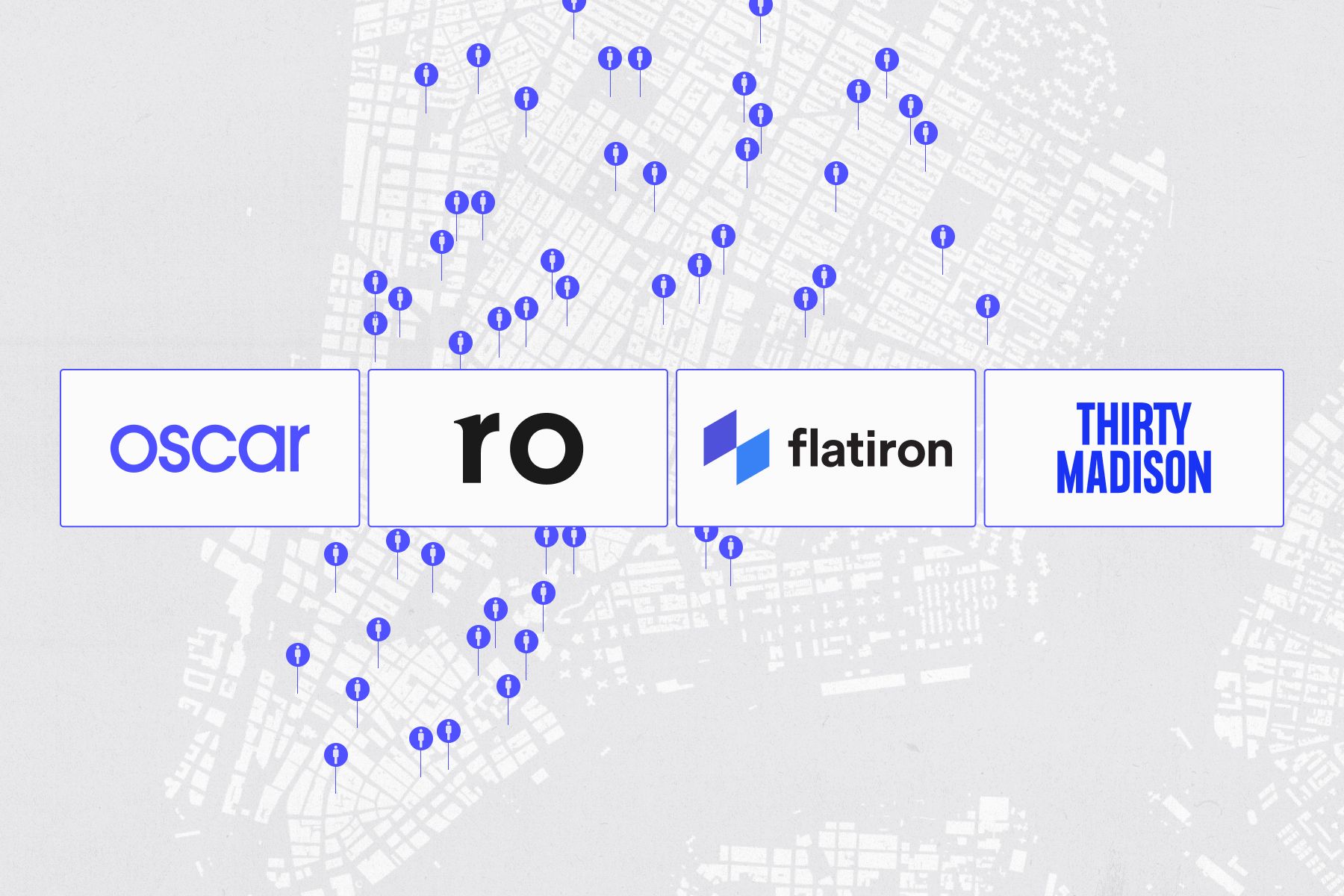Scaling Through Chaos in the Age of AI


Bastian Hasslinger giving a keynote on Scaling Through Chaos at Slush
Revolut, with 50 million customers across 38 countries, is proving that Europe is more than capable of producing global tech titans. At such a scale, AI is propelling the company to stretch the limits even further, transforming how it builds teams and engages a huge customer base. And they’re not alone.
Across the continent, the next wave of game-changing startups, from Atlar to AdaptiveML, are using AI to scale even faster and bet on growth. These companies are representative of a larger trend sweeping through Europe’s startup scene—AI is reshaping team structures and fueling the demand for a new breed of talent.
Index Ventures and Slush, a not-for-profit organisation supporting entrepreneurship in Europe, surveyed more than 600 founders and operators to learn how AI is impacting talent at scaling startups in Europe. Launched at Slush’s annual startup event in Helsinki, the study shows that startup leaders are overwhelmingly optimistic about the future.

Bastian Hasslinger gives a keynote on Scaling Through Chaos at Slush
The research adds to Scaling Through Chaos, the canonical guide to growing a team from 0-1,000 launched earlier this year, and Index’s body of work on startup talent. It provides a counter to concerns that increasing adoption of AI might eliminate large numbers of jobs. While founders acknowledge AI’s potential to automate roles, they’re doubling down on growth, scaling their teams, and creating new positions fueled by AI. In the next 12 months, 84% of founders expect headcount to increase. Meanwhile, 4 in 5 expect headcount to increase or stay the same in the next five years.


“For us, AI has made some teams 100-200% more efficient. An established business might use this efficiency to cut headcount and boost profitability, but startups are all about growth. We’re asking: How can we use this efficiency to keep scaling fast? It makes each hire more valuable, lets us bring people on sooner, and accelerates our growth. We’re leaning into hiring in areas where AI is delivering the biggest gains.”
Joel Nordstrom, co-founder of Stockholm-based fintech Atlar

Joel Nordstrom, Co-founder of Stockholm-based fintech Atlar
Talent shakeup puts fresh focus on product and engineering
The relative size of various teams is likely to change as AI continues to influence startup activity. More than a third of respondents to the survey say AI is set to drive the biggest headcount growth in engineering teams, as businesses look to hire those with skills working in LLMs and building AI-powered applications. Product headcount is also expected to grow as startups seek out product managers who can shape AI-powered product development.

While the overwhelming majority of startups expect headcount to increase or stay the same, there is a camp that expects reductions to come in some key areas. Almost one in five think AI could reduce headcount in marketing as the technology becomes proficient in copywriting, content development, and video and image production, with the same number believing there’s a chance technical teams could also shrink. As communications become automated, customer success may also see a decrease.

“AI won’t necessarily reduce headcount in marketing, but create more scaling opportunities. It will help us scale to more than 50 countries through localized content and multiple channels while not diluting our talent. The challenge when we scale is that it can dilute talent as we increase team size. AI offers us the incredible ability to scale while keeping teams small, agile, and highly talented.”
Antoine Le Nel, Chief Marketing and Growth Officer, Revolut

Learn more about Antoine’s scaling through chaos journey.
Reflecting this, founders and operators say that AI skills will become most pressing for those working in engineering, marketing, product and customer success.

Upskilling accelerates, but major gaps could still hold teams back
As startups lean into AI, employees and founders alike are responding by upskilling; they’re dedicating around four hours weekly to AI training, often self-directed, with time-strapped execs spending around three hours per week.

“It’s hard to find people who can balance an empirical approach to LLMs and reinforcement learning with the scrappiness needed at a fast-growing startup.”
Julien Launey, co-founder, Adaptive ML
Despite this clear eagerness for upskilling, finding the right talent is a challenge for growing startups. At both senior and junior levels, there are notable skills gaps in engineering, sales, and product. This underlines the ongoing challenge startups face in finding and cultivating the right teams that are ready to thrive in an AI-driven environment. As a result, AI skills come at a premium: on average, startups believe that candidates with proficiency in AI tools should be paid 10% more than those without.

These skills are just the tip of the iceberg, according to Julien Launey, co-founder of generative AI startup Adaptive ML: “Teaching developers how to build LLMs and bringing them up to speed on reinforcement learning is easy. But the large-scale implementation of it is where things get hard. Finding pure software developers who can do this, in particular with Rust, is challenging. Also, it’s hard to find people who can balance an empirical approach to LLMs and reinforcement learning with the scrappiness needed at a fast-growing startup.”
Nevertheless, Julien remains positive in his outlook: “Every model is getting incrementally better but we barely realize it because it’s becoming the new normal. Even though progress is so fast, it’s like boiling the frog. More so than changing headcount projections, it’s just making us more productive.”
Creating AI-First Cultures: Founders Lead, Employees Learn
To address the talent challenges, startup employees are taking matters into their own hands, with 64% learning new AI tools independently. Many founders are also leading the pack to get teams to experiment with AI – 60% of respondents flagged the importance of an AI-first culture being set by leadership.

One such founder is Job van der Voort from Remote, who says the best thing talent can do is jump right in, no matter what their role is. “At a recent executive team meeting last week, I gave a course on AI and had them make a GPT... My explicit demand from everybody is to essentially become your own expert – don't hire into your team, train up people, encourage them to play around, get creative and do fun stuff,” he says.

Ujjwal Singh, CPTO at Multiverse
This idea of fostering growth through exploration resonates with Ujjwal Singh, CPTO at Multiverse, who sees AI as both a catalyst for skill gaps and a powerful tool to address them. “Artificial intelligence isn’t just creating skills gaps, it’s also providing the solution to them,” he explains. “For the first time radically personalised, highly responsive, and incredibly effective methods of learning are available at scale." Together, their insights underscore a future where continuous learning and innovation are driven by both individual initiative and AI-powered tools.
Startups prove resilient amid disruption
The best startup founders and operators have always been those who embrace chaos and use times of rapid change to their advantage. This is likely why, amid an AI-induced paradigm shift, faith in startups has never been stronger. More than three-quarters of respondents believe that their long-term career prospects are better having worked in startups, while 83% say they would likely join another startup if the one they’re currently at doesn’t work out. Having withstood the shocks of macro headwinds in the past few years—from interest rate hikes to the waves of redundancies—startups are showing resilience. Far from succumbing to fears about AI, they are seeing new opportunities to pursue greater ambitions than ever before.
Slush is a student-led movement on a mission to help founders. At this year’s annual startup event in Helsinki, Index partner Martin Mignot interviewed Revolut co-founder Nik Storonsky on stage, and hosted two intimate ‘Off The Record’ conversations with Nik and Figma co-founder Dylan Field.

Martin Mignot interviews Nik Storonsky on stage at Slush 2024
Published — Nov. 21, 2024


